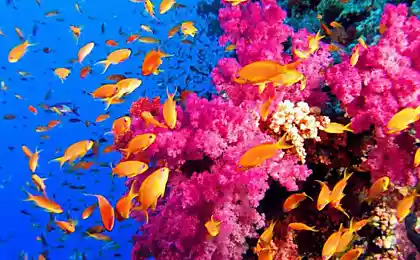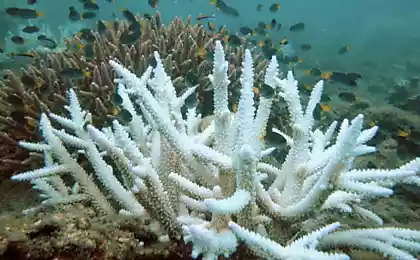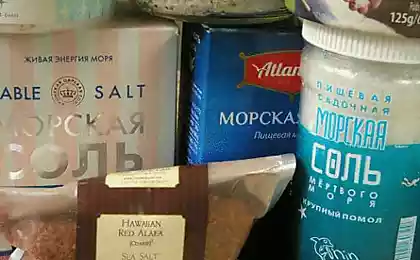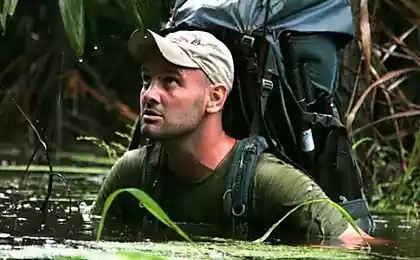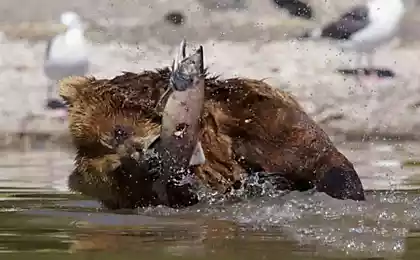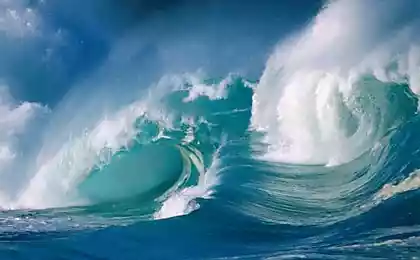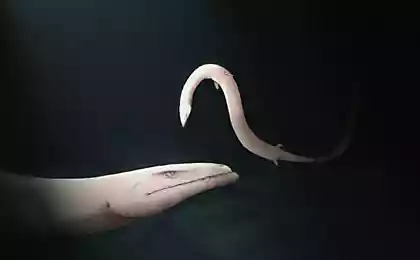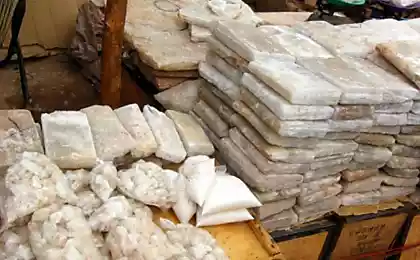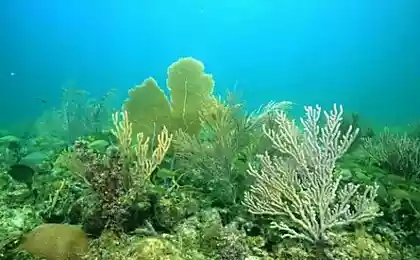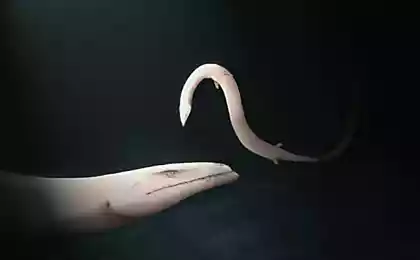241
Marine biologist finds way to grow corals quickly
Man is the most intelligent, but at the same time the most destructive creature on our planet. As strange as it may sound, it is. Striving for their own comfort and guided by the thirst for profit today, people almost do not think about the future and do not pay attention to the consequences of their activities.
Therefore, it is always encouraging when there are enthusiasts who want to change the world for the better. And today's edition. "Site" A marine biologist has found a way to improve our ecology by restoring coral reefs in the ocean.
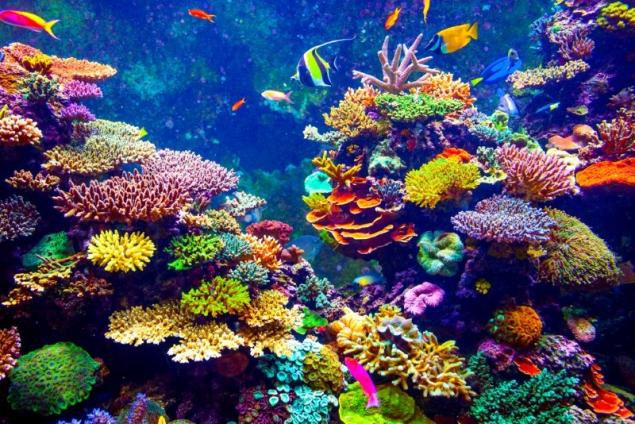
DepositPhotos
Coral reef is not rocks or plants, but a whole underwater world, living creatures that live and develop, feeding on marine plankton. When the coral dies, it becomes a skeleton on which new corals grow. So year after year, giant structures of various colors are created under water.
However, coral-reef It's not just about pleasing the eye. They, like plants, are capable of photosynthesis, which means they produce oxygen. According to rough estimates, more than 60% of the atmospheric oxygen on the planet is produced by oceanic phytoplankton living near coral reefs.
616751
Over the past 50 years, "humanity's efforts" have destroyed about half of the reefs. Global warming has also played a role here, as corals reef They feel good only at a temperature of 25-29 degrees, any deviation from the norm is detrimental for them.
Other causes of reef deaths include pollution from petroleum products, ship traffic and even human infections. So today, scientists are sounding the alarm and trying to manually save the ecosystem.
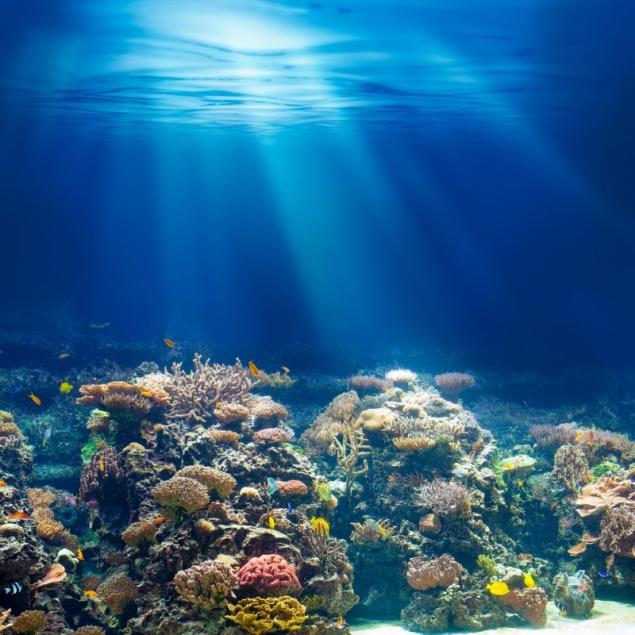
DepositPhotos
One of the modern options for such assistance is the production of artificial corals using 3D printing technology. A few. dying coral reefs In Australia, they were saved by simply inserting artificial corals into the faults.
However, the real discovery was made by marine biologist Dave Vaughan from Florida, who accidentally discovered a method that accelerates the growth of corals by about 25 times.
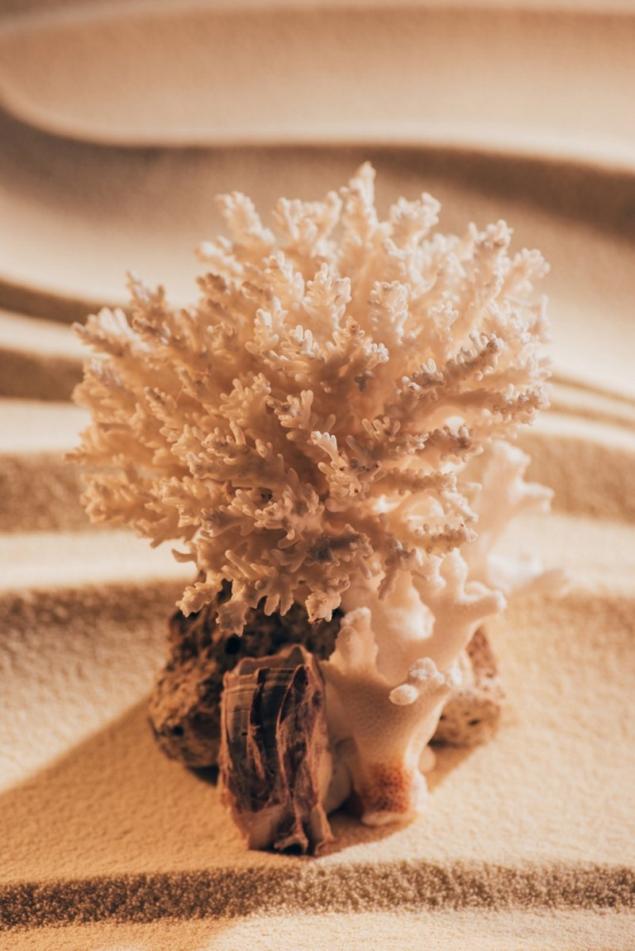
DepositPhotos
While working in his lab, a man accidentally crushed a piece of coral. What a surprise he was when he discovered that tiny particles soon grew ten times faster than they did in the wild.
It takes about 75 years for a coral to reach maturity. By accidentally invented by Dave microfragmentation technology, the process is reduced to 3 years.
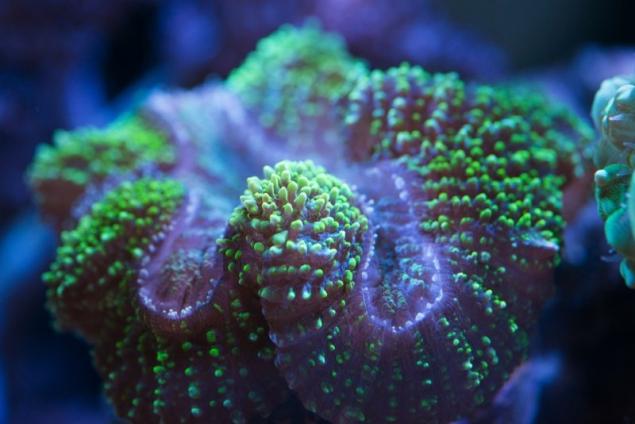
DepositPhotos: It’s amazing that sometimes discoveries come to us in unexpected ways. When the coral crashed, I thought it was dead, but the particles began to grow unimaginably fast. I decided to postpone retirement until a million corals grown using the new technology were transplanted back into the ocean.
Dave is sure that without saving the reefs, they can disappear in 12-15 years, and then there will be nothing to breathe on the planet. Today, Vaughan's team shares its experience and nuances. coral With conservationists around the world. Together, they plan to grow about a million corals in the next couple of years.
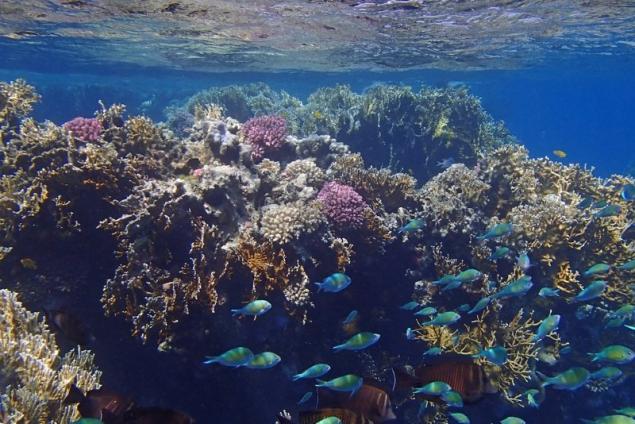
DepositPhotos
Ocean oxygen The planet is necessary, so we can only wish good luck to scientists in the restoration of coral reefs. Also, let everything work out for student Boyan Slat, who at the age of 16 came up with a cheap way to clean the world’s oceans of various garbage, including plastic waste.
As long as there are such intelligent, and most importantly, enterprising people, this planet has chances for a bright future. What do you think?
Therefore, it is always encouraging when there are enthusiasts who want to change the world for the better. And today's edition. "Site" A marine biologist has found a way to improve our ecology by restoring coral reefs in the ocean.

DepositPhotos
Coral reef is not rocks or plants, but a whole underwater world, living creatures that live and develop, feeding on marine plankton. When the coral dies, it becomes a skeleton on which new corals grow. So year after year, giant structures of various colors are created under water.
However, coral-reef It's not just about pleasing the eye. They, like plants, are capable of photosynthesis, which means they produce oxygen. According to rough estimates, more than 60% of the atmospheric oxygen on the planet is produced by oceanic phytoplankton living near coral reefs.
616751
Over the past 50 years, "humanity's efforts" have destroyed about half of the reefs. Global warming has also played a role here, as corals reef They feel good only at a temperature of 25-29 degrees, any deviation from the norm is detrimental for them.
Other causes of reef deaths include pollution from petroleum products, ship traffic and even human infections. So today, scientists are sounding the alarm and trying to manually save the ecosystem.

DepositPhotos
One of the modern options for such assistance is the production of artificial corals using 3D printing technology. A few. dying coral reefs In Australia, they were saved by simply inserting artificial corals into the faults.
However, the real discovery was made by marine biologist Dave Vaughan from Florida, who accidentally discovered a method that accelerates the growth of corals by about 25 times.

DepositPhotos
While working in his lab, a man accidentally crushed a piece of coral. What a surprise he was when he discovered that tiny particles soon grew ten times faster than they did in the wild.
It takes about 75 years for a coral to reach maturity. By accidentally invented by Dave microfragmentation technology, the process is reduced to 3 years.

DepositPhotos: It’s amazing that sometimes discoveries come to us in unexpected ways. When the coral crashed, I thought it was dead, but the particles began to grow unimaginably fast. I decided to postpone retirement until a million corals grown using the new technology were transplanted back into the ocean.
Dave is sure that without saving the reefs, they can disappear in 12-15 years, and then there will be nothing to breathe on the planet. Today, Vaughan's team shares its experience and nuances. coral With conservationists around the world. Together, they plan to grow about a million corals in the next couple of years.

DepositPhotos
Ocean oxygen The planet is necessary, so we can only wish good luck to scientists in the restoration of coral reefs. Also, let everything work out for student Boyan Slat, who at the age of 16 came up with a cheap way to clean the world’s oceans of various garbage, including plastic waste.
As long as there are such intelligent, and most importantly, enterprising people, this planet has chances for a bright future. What do you think?


